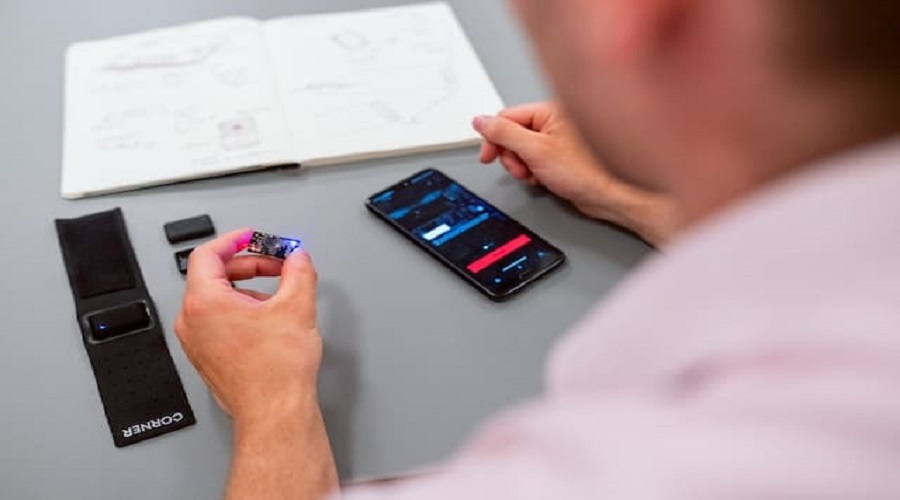Hewlett Packard
The acquisition of Neoware (a company that develops thin client computers) by HP in October 2007 led them to new heights of the computer industry. This became possible for them by gaining the present thin client market and utilizing their online business knowledge and marketing expertise. From 2007 up to now, HP has captured a lot of thin client customers including leading national and multinational companies and their systems have advanced to the extent that now HP claims to be world’s number one manufacturer of thin clients.In addition, with the provision of more thin client choices, more thin client software, HP has gained fame and reputation to a greater extent. This means that other vendors like Wyse will have tough time reaching the customers and it could take them longer to reach the current level of HP.
Wyse Technology
Wyse was the market leader of thin client systems until HP moved ahead with its purchase of Neoware. As of today, Wyse stands at number two and per International Data Corporation (IDC) a market research and analysis firm, together Wyse and HP own about seventy percent of the market. Wyse offers almost everything that HP offers, from desktop thin clients to mobile thin clients, but their PocketCloud technology that allows users to manage their virtual desktops from Apple iPad’, iTouch’s and iPhone’s is ahead of everything else in the market.Wyse has shipped more than ten million thin clients so far and with this speed, it looks like they will continue progressing at this pace. While Wyse isn’t at the same level as HP, it is well positioned to continue catching bulk of new customers of thin clients – be it mobile, shared or desktop clients
NComputing
After HP and Wyse, NComputing has the largest list of thin client customers. So far, the company has delivered more than two million thin clients to over a hundred thousand users in the enterprise market.Besides doing a lot for developing improved and advanced thin clients, NComputing is preferred for being the manufacturer of cheapest thin clients on the market. While being the cheap vendor is not always the great positioning for a computer company, NComputing’s cheap products come from a different model than its competitors. Little maintenance, no server infrastructure and low energy consumption make NComputing’s solutions appealing to industries such as the education and government sectors. NComputing claims that it has captured over fifteen percent of the US K-12 computing market. With the production of cheaper thin clients, and distinct thin client models, the company is expected to continue grasping more customers in the years to come. Among many thin client vendors, here are the top 5 ones that are currently the market leaders and expected to be on the top in the years to come.
Pano Logic
Pano Logic started just four years ago but yet it is one of the most innovative thin client vendors. They have a tiny product called Pano Device. It is 3.5 inches wide, 3.5 inches long and two inches tall. It is silver or black box that connects to company’s virtual infrastructure and provides connections for displays, mice, USB peripherals and keyboards. Pano Device has no internal embedded operating system, internal memory or CPU and applications and drivers and stored centrally in the main data centre. Currently, The Pano Device supports VMware desktop environment and Citrix, and Microsoft support is slated for early 2011.In March 2010, Pano Logic signed a deal with Fujitsu where they will use Pano’s thin client technology in their new desktop virtualization solution.In February 2010, Pano Logic secured twenty million dollars in financing from Mayfield fund. While money does not guarantee victory, fundraising at this level certainly looks good to help them progress a lot. Moreover, Pano Device is affordable and unique device in its function and therefore expected to pose a considerable challenge to other vendors on this list.
IGEL Technology
IGEL Technology is a large manufacturer of thin clients in Germany. They get more business from EMEA than the US, but they should challenge the American market as well so that they can grow further.According to International Data Corporation (IDC), IGEL Technology is the world’s leader in Linux-based thin clients and the number three manufacturer in terms of revenue. Being the leader of Linux thin clients and according to industry analysts, this company is expected to remain the leader of Linux based thin clients in the years to come. Recently, IGEL Technology released Universal Desktop, a family of thin client desktops that allows users to mix and match different hardware models with different operating systems, including Windows, Linux, Windows CE and Embedded. The Universal Desktop also allows users to choose and use the type of client protocols that they want to use. Together with this and another unique product, the Universal Desktop Converter, that turns legacy computers into remotely managed thin clients, the company will increase its visibility among its investors and clients.
Other Thin Client Vendors
Someone might ask that why Microsoft, Citrix and VMware are not on this list. The answer is that though these vendors are important to the rising thin client market, they are not pioneering the client side of the virtual infrastructure.As for Dell, they moved into the thin client market just about a year ago, so they haven’t done or achieved much so far to come in the top list. Sun Microsystems is another company that hasn’t dived so much into the thin client system yet. It is at early stages of manufacturing thin clients, but being a large hardware vendor, it can be expected that it will surely give more attention to thin clients and capture a big share of the thin client market in the not so far future.
Recommended: latest technology about television

